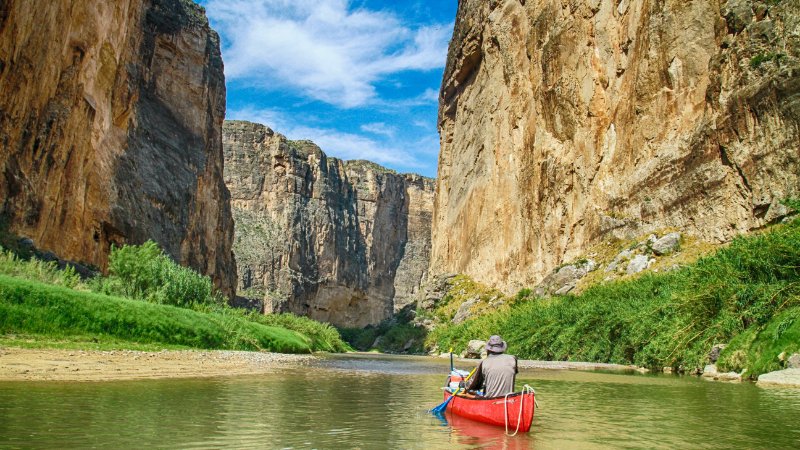National parks are a great way to explore the outdoors and visit different areas of the United States. National parks are protected areas of land that are owned and maintained by the federal government. The 63 U.S. national parks provide beauty, nature, and plenty of opportunities for adventure. But with adventure comes risk, and that’s no exception at national parks. Plenty of people have been injured or even died at national parks. So if something goes wrong during your visit, can you sue a national park? Let’s explore the options for taking legal action against a government-owned park.
Sovereign Immunity
The concept of sovereign immunity comes into play when it comes to suing a national park. Sovereign immunity is a legal doctrine that protects the government from being sued without its consent. This means that in most cases, you cannot sue a national park without first getting permission from the federal government.
The Federal Tort Claims Act
The Federal Tort Claims Act (FTCA) is a federal law that was introduced in 1946 and waives sovereign immunity. It provides a legal path for individuals who have suffered injury, death, or property damage caused by the negligence of the federal government to seek compensation. So if you are injured in a national park due to a negligent act by a government employee, you may be able to file a claim.
Negligence Claims
To successfully sue a national park under the FTCA, you must prove that the government employee was negligent in their actions. Negligence is defined as the failure to take reasonable actions to prevent harm to others. Examples of negligence in a national park could include:
- Failure to maintain safe hiking trails
- Failure to provide adequate warning of potential hazards
- Failure to properly maintain facilities such as campgrounds or picnic areas
So if you lost a loved one in a national park and want to file a wrongful death claim, you must prove that the death was caused by the negligence of a government employee, such as one of the failures listed above. A wrongful death attorney can help you prove negligence and seek compensation for your loss.
It’s important to note that there are exceptions to the FTCA, and not all claims will be covered. Additionally, there are strict deadlines for filing claims, so it’s important to act quickly if you believe you have a wrongful death claim against a national park.
Exceptions to the FTCA
There are some exceptions to the FTCA that may affect your case. For example, claims involving national security or foreign policy are not covered under the FTCA. Additionally, claims for damages caused by natural disasters or acts of nature are not covered. Here are some examples of FTCA exceptions.
Can I sue a national park for wildfire or wild animal injuries? In most cases, no. The government is not liable for injuries caused by natural disasters or wild animals.
Can I sue a national park for injuries caused by another visitor? It depends. If the park was negligent in providing adequate security or warning of potential hazards, you may have a claim.
Can I sue a national park for property damage? Yes, if the damage was caused by the negligence of a government employee.
Can I sue a national park for emotional distress? In most cases, no. The FTCA only covers claims for physical injury or property damage.
What to Do if You Have a Claim
If you believe you have a claim against a national park, the first step is to contact the park superintendent or a ranger. They may be able to assist you in filing a claim with the appropriate agency. It’s important to document any injuries or damages and gather any witness statements or other evidence to support your claim. Keep in mind that the deadline for filing a claim is typically two years from the date of the incident.
Suing a national park is certainly possible under certain circumstances, but it’s important to understand the legalities involved. If you have a claim against a national park, it’s important to follow the proper procedures and seek legal advice if necessary.


No Comment